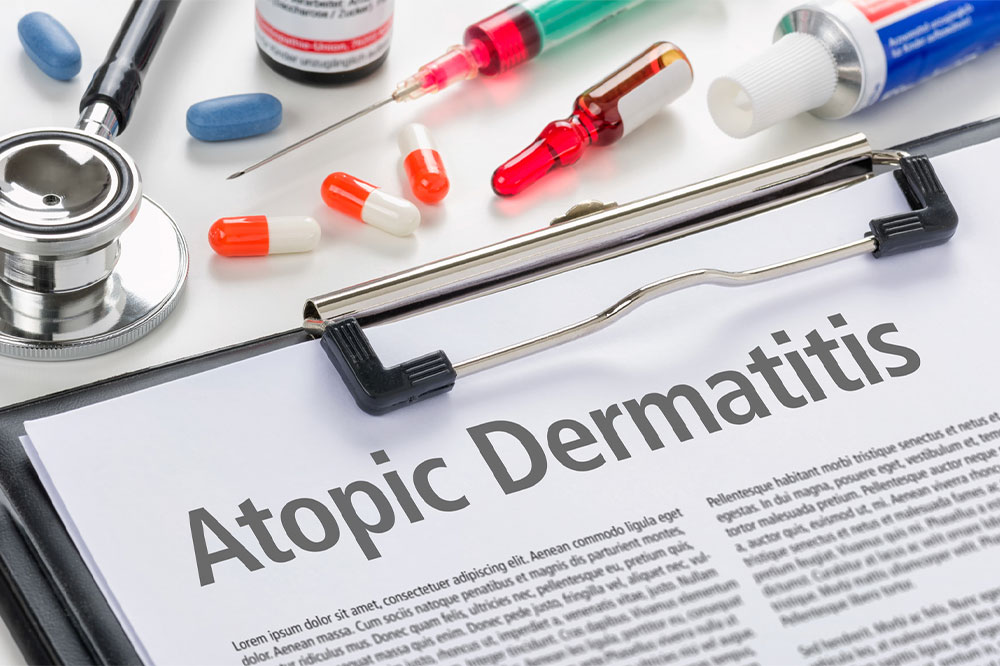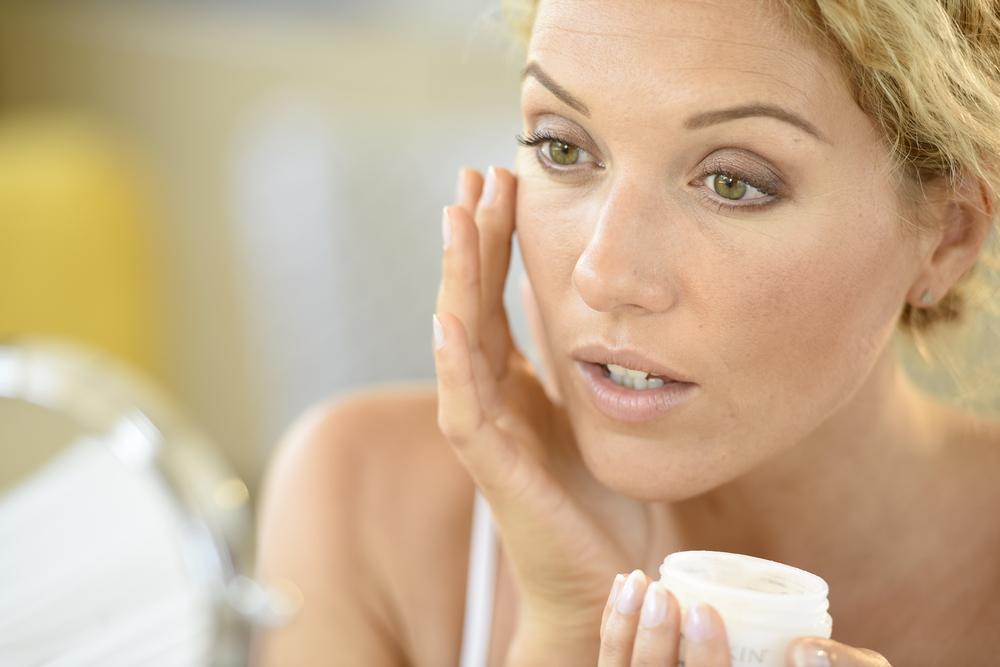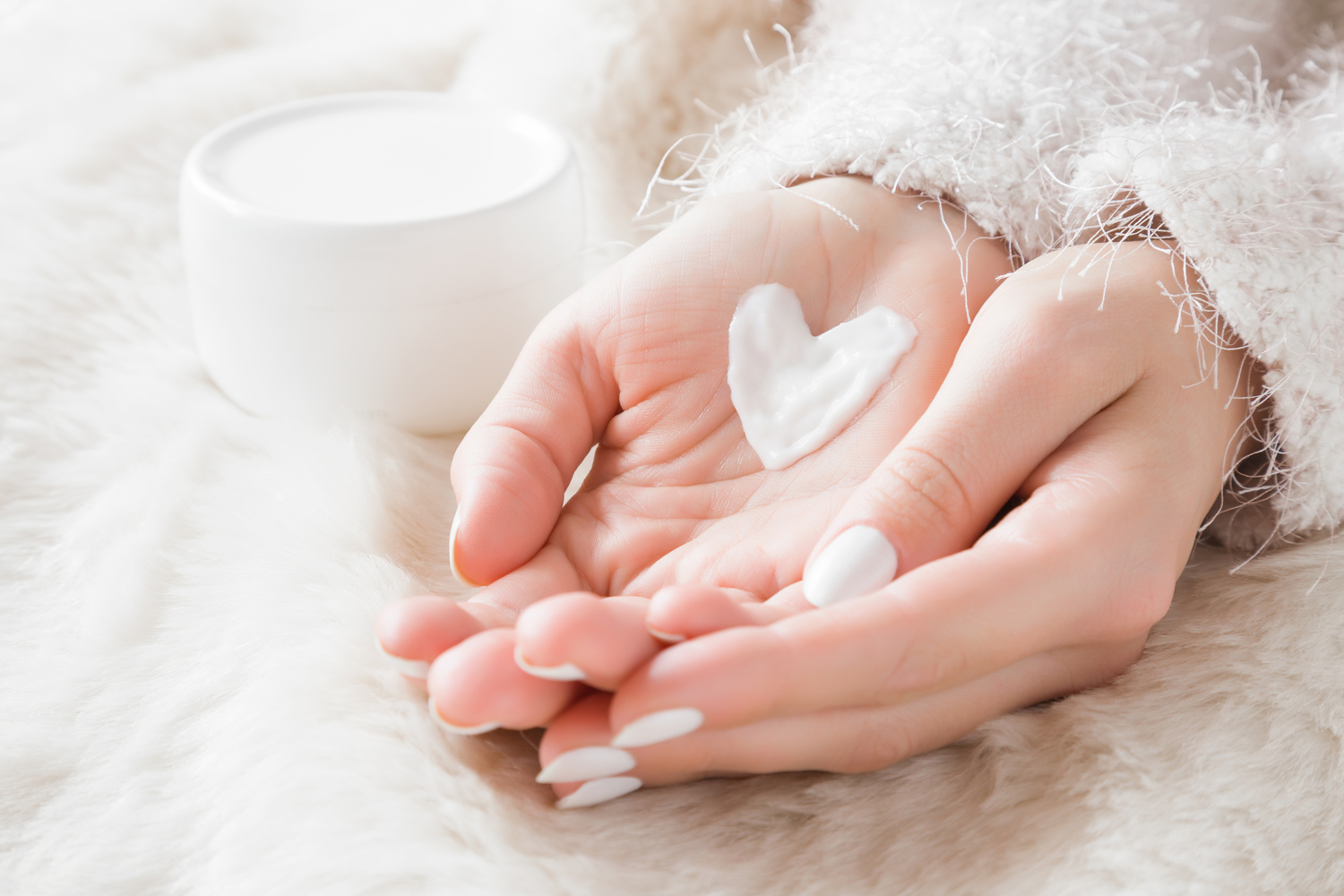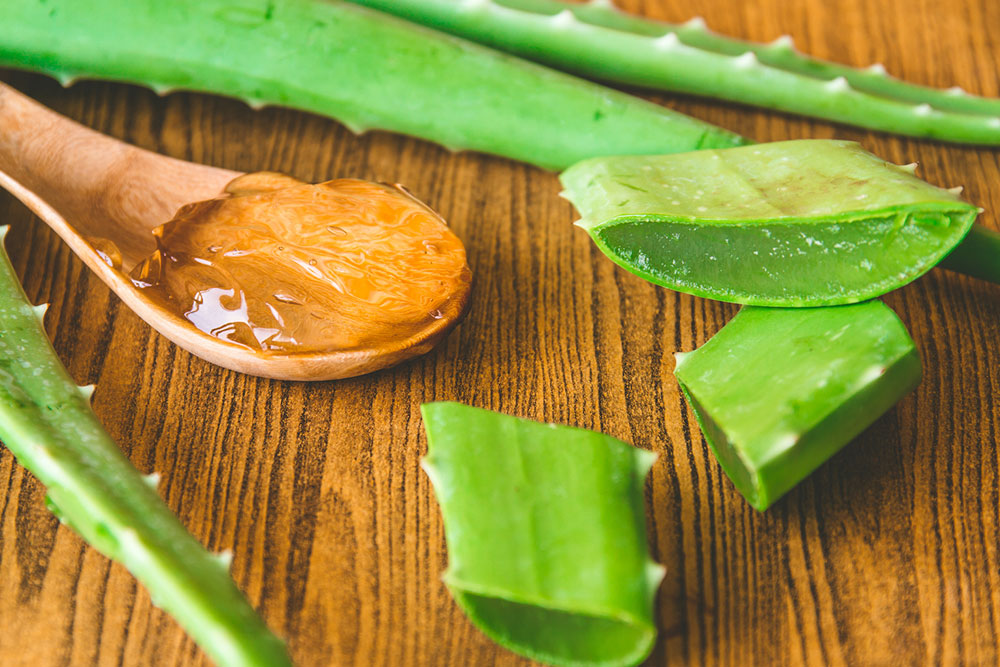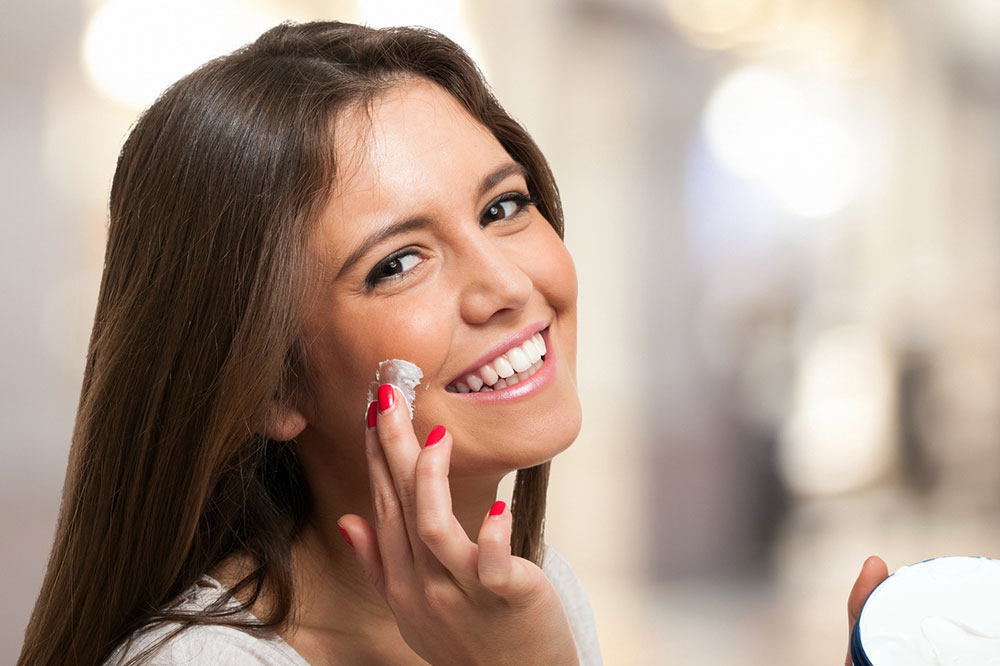Comprehensive Guide to Relieving Itchy Skin Effectively and Safely
This comprehensive guide provides effective and natural strategies to relieve itchy skin, emphasizing proper diagnosis, targeted home remedies, and lifestyle modifications. Learn how to soothe skin irritation safely and prevent future flare-ups with simple daily practices.
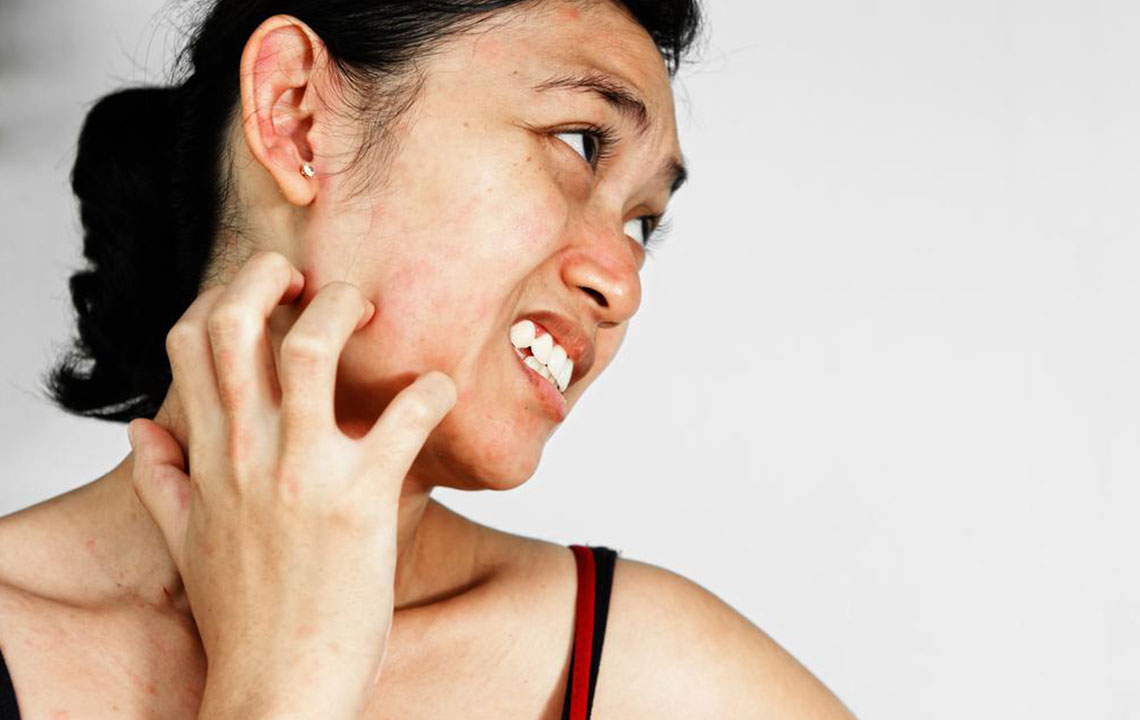
Comprehensive Strategies for Soothing Itchy Skin Naturally and Effectively
Itching skin is a common issue that affects people of all ages and can be caused by a variety of factors including allergies, skin infections, dryness, irritation from skincare products, or chronic skin conditions such as eczema. While the sensation of itchiness can be temporary and mild, persistent or severe itching warrants attention as it might indicate an underlying health issue. Proper diagnosis by a healthcare professional is crucial to identify the precise cause of itchy skin and to formulate an appropriate treatment plan. In situations where immediate medical consultation isn’t feasible, adopting effective home remedies and daily habits can provide significant relief and improve skin comfort.
Addressing itchy skin involves understanding its triggers and adopting targeted strategies. Here, we explore comprehensive methods aimed at alleviating discomfort, promoting skin health, and preventing future episodes of itching.
Choose high-quality and appropriate moisturizers: Regular application of a nourishing or medicated moisturizer is essential in maintaining skin hydration and barrier function. Look for products containing ceramides, hyaluronic acid, or colloidal oatmeal, which are known for their soothing and repair properties. Applying moisturizer at least once daily—preferably immediately after bathing—can significantly reduce dryness and itchiness.
Utilize cooling skin care products: Products containing natural cooling agents such as cucumber extract, aloe vera, mint, or lemon juice can provide immediate relief from itching. These ingredients have anti-inflammatory and soothing effects that calm irritated skin and reduce the urge to scratch.
Identify and avoid aggravating factors: Be mindful of clothing choices—loose, breathable fabrics like cotton are less likely to cause irritation. Additionally, avoid harsh soaps, fragrances, or skincare items containing alcohol, which can strip natural oils and worsen dryness. Environmental triggers such as dust, pet dander, or pollens may also contribute to skin itchiness; minimizing exposure can help manage symptoms.
Apply over-the-counter anti-itch topical remedies: Products like hydrocortisone creams, calamine lotion, or antihistamine creams can provide quick relief. These medicated options should be used as directed—typically 2-3 times per day—and are effective in reducing inflammation and discomfort.
Refrain from scratching: Although scratching might seem relieving initially, it can damage the skin, lead to infections, and prolong healing. Keeping nails trimmed, wearing light gloves at night, or distracting yourself with other activities can help resist the urge to scratch.
Apply cooling compresses: Using a damp, cool cloth or ice pack wrapped in a cloth on the affected area can quickly diminish itching sensations. This method reduces inflammation and provides a soothing effect, especially effective during flare-ups.
Relax in soothing baths: Soaking in lukewarm water infused with natural ingredients like baking soda, ground oats (colloidal oatmeal), or chamomile can hydrate and calm irritated skin. A 20-30 minute bath followed by gentle patting dry and the application of moisturizer helps lock in hydration and protect the skin barrier.
Implementing these simple yet effective home remedies and lifestyle adjustments can significantly relieve itchy skin and improve your overall skin health. However, if symptoms persist, worsen, or are accompanied by other signs such as swelling, redness, or blistering, it is essential to seek professional medical advice. A healthcare expert can evaluate underlying causes such as infections, allergies, or chronic dermatological conditions and recommend suitable treatment options to ensure long-term relief and skin wellness.
